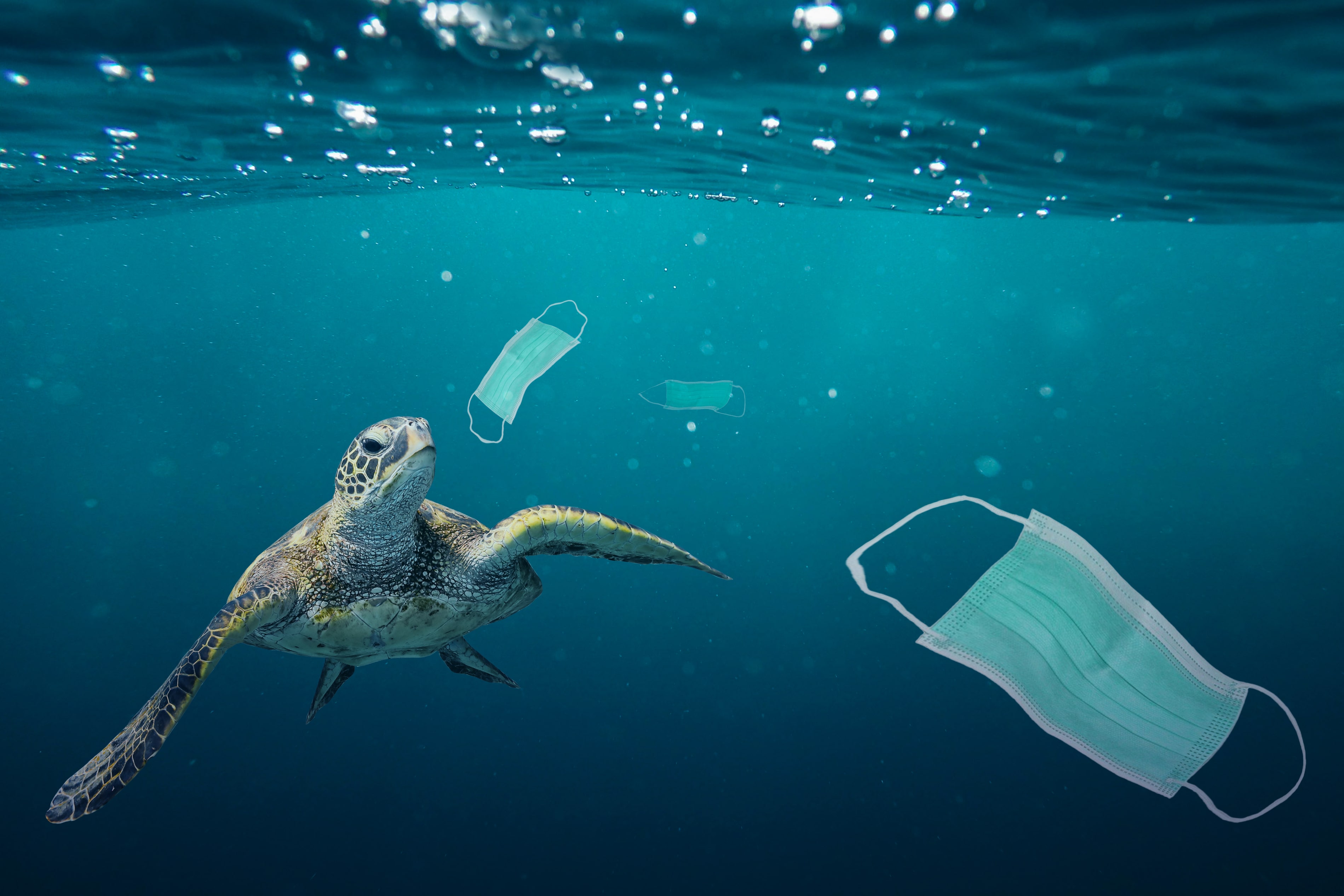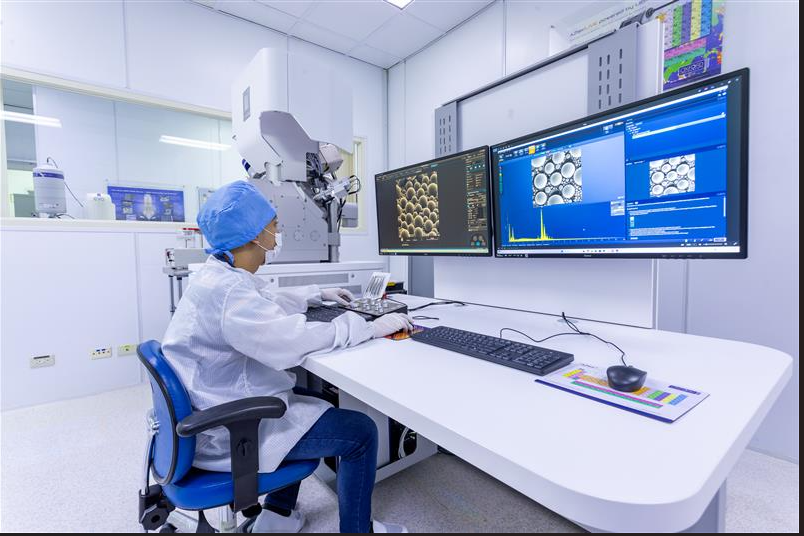The World and Its Pandemic Waste

While the human population grapples with the pandemic, the environment is silently yet increasingly suffering from the consequence--garbage. How are nations managing the pandemic waste crisis, and what steps can you take in your home?
Every COVID-19 patient produces 3.4 kilograms of infectious medical waste every day. As of this writing, there have been over 149 million COVID-19 cases around the world. Taking these two figures into account, the amount of healthcare waste (HCW) that this pandemic has generated--and continues to produce--is staggering.
Let’s focus on one item we have all become familiar with, as it is now part of our everyday life: facemasks. According to a recent study, approximately 3.4 billion single-use facemasks are discarded daily because of the pandemic.
Here’s a breakdown by region:

Source: ScienceDirect
From the facemasks we use to more toxic medical waste, the health crisis has led to an accumulation of waste that national governments are now trying to keep under control.
When it comes to COVID-19 waste management, the battle is being fought on two fronts: waste from healthcare facilities and household waste. Let’s take a closer look at the risks and challenges that the waste management sector is facing because of COVID-19.
Healthcare waste

Source: World Health Organization (WHO)
As the pandemic rages on, hospitals are producing more waste than usual, including personal protective equipment (PPE) that could be infected with the COVID-19 virus. As countries race to vaccinate their populations, they are also generating a huge amount of healthcare waste. In the United States alone, the 660 million needles and syringes needed to vaccinate the entire population could circle the world 1.8 times.
During the COVID-19 outbreak in the Hubei Province of China, infectious medical waste increased by 600%. Based on this rate, the Asian Development Bank (ADB) made projections for additional healthcare waste in select Asian cities:

Given the increased generation of infectious waste, many healthcare facilities do not have the capacity for waste treatment and disposal. When not treated and disposed of properly, healthcare waste could lead to secondary disease transmission among waste workers and the community. Furthermore, open burning and incineration without sufficient pollution control expose the waste workers and the community to toxic contaminants.
Household waste
In homes, there is an increased amount of plastic waste because of lockdowns. Many have turned to online groceries and restaurant deliveries, which require additional packaging materials. According to a recent study, 45-48% of respondents saw an increased consumption of fresh food, packed food, and food delivery. At the same time, recycling activities in many countries have also been put on hold because of social distancing.
Another challenge that the waste management sector has had to face is infected waste from those in home quarantine. “Such waste should be considered hazardous (infectious) waste and in theory, it should be treated as such,” said Paolo Marengo, Program Manager at the Association of Cities and Regions for sustainable Resource management (ACR+).
“In practice, local authorities have been required to treat it as mixed waste implementing specific safety measures for collection, such as using two sealed bags and, in some countries, storing the waste for 72 hours before putting it out,” Marengo continued. “These precautions have been normally required also for all PPE. But as you can imagine, these procedures are not always easy to be implemented and verified.”
Waste management around the world
What guidelines and strategies are some countries implementing to manage waste during the COVID-19 pandemic?

Source: United Nations Environment Programme

Source: United Nations Environment Programme
Doing our part
The enormity of the global waste problem may leave you feeling helpless, but no matter how dire the situation, it’s important to remember that every step we take makes a difference. Here’s how you can help be part of the solution.
They risk their lives every day to keep our neighborhoods clean, so let’s do what we can to keep our trash and recycling collectors healthy.
- Sanitize the handles and lids of your trash cans and recycling bins. Use soap and water or an alcohol-based cleaning product.
- Rinse off and wipe down all recyclables such as bottles and cans before placing them in the recycling bin.
- Securely bag and tie all of your trash.
If someone in your home is a person under investigation (PUI) or a person under monitoring (PUM), manage household infectious waste properly.
- Segregate all medical waste such as facemasks, wipes, and tissues.
- The monitoring agency responsible for PUI/PUM management should provide yellow medical bags and collection services for PUI or PUM-related waste.
- All PUI/PUM-related waste should be double-bagged, “swan neck” tied, and the outside sprayed with a 0.5% chlorine disinfectant solution (1% household bleach solution).
- If dedicated medical waste collection is available, then the double-bagged waste should be disposed of immediately.
- If no dedicated medical waste collection is available, then the double-bagged waste should be stored for 72 hours before being disposed of with the general household waste.
The impact of the COVID-19 pandemic on the economy, society, and the environment may be felt for decades to come. There’s still a long road ahead for all of us to heal, learn, and live better. This is why it’s best we start taking those steps now.
As one of the Top 20 EMS companies in the world, IMI has over 40 years of experience in providing electronics manufacturing and technology solutions.
At IMI, we believe that humanity drives technology, and we direct our passion at solutions that enhance our way of living. With more than 400,000 square meters of factory space in 22 factories across 10 countries, we are positioned to build your business on a global scale.
Our proven technical expertise, worldwide reach, and vast experience in high-growth and emerging markets make us the ideal global manufacturing solutions partner.
Let's work together to build our future today.
Other Blog



